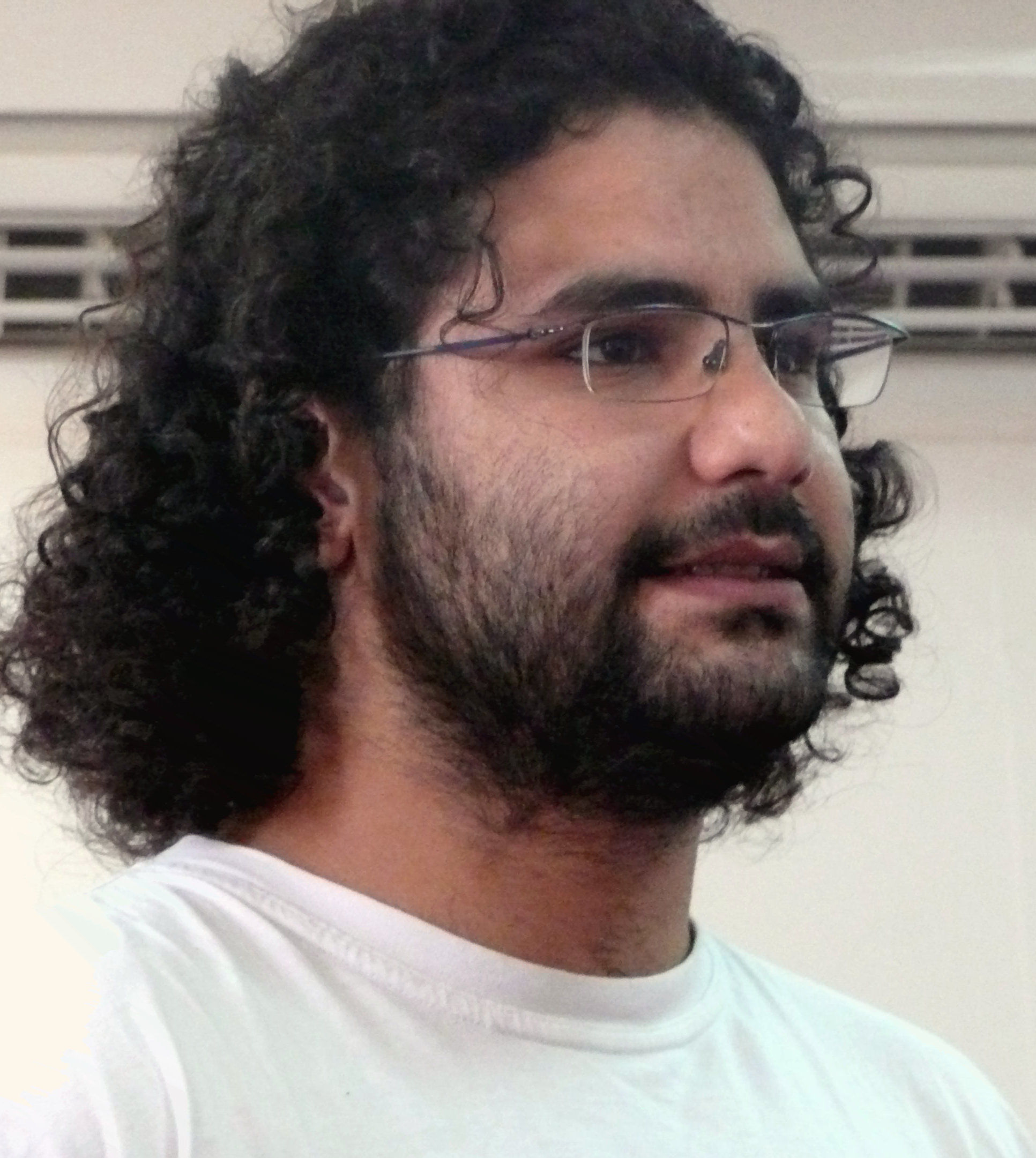Egyptian-British hunger striker's family say they received 'proof of life' letter
The sister of Egyptian-British activist Alaa Abd el-Fattah said on Monday the family had received a letter from prison that served as "proof of life" from the hunger striker. Abd el-Fattah, who has been on hunger strike against his detention and prison conditions for more than 220 days, had said he was escalating his protest by ceasing to drink water on Nov. 6, the opening day of the COP27 climate summit in Egypt.

- Country:
- Egypt Arab Rep
The sister of Egyptian-British activist Alaa Abd el-Fattah said on Monday the family had received a letter from prison that served as "proof of life" from the hunger striker.
Abd el-Fattah, who has been on hunger strike against his detention and prison conditions for more than 220 days, had said he was escalating his protest by ceasing to drink water on Nov. 6, the opening day of the COP27 climate summit in Egypt. Since then his family and his lawyer had made repeated trips to the prison where he is detained northwest of Cairo, but had received no news on his condition.
"Alaa is alive, he says he's drinking water again as of November 12th," Sanaa Seif said on Twitter. "It's definitely his handwriting. Proof of life, at last." Abd el-Fattah's strike has overshadowed United Nations climate talks in the Red Sea resort of Sharm el-Sheikh, where several leaders have raised the case with Egyptian President Abdel Fattah al-Sisi including U.S. President Joe Biden.
U.S. National Security Adviser Jake Sullivan said after the meeting on Friday that Washington was doing everything it could to secure Abd el-Fattah's freedom "as well as the release of a number of other political prisoners" in Egypt. Since he obtained British citizenship in December, British officials have sought unsuccessfully to secure consular access to Abd el-Fattah. British foreign minister James Cleverly said on Monday the government would keep trying.
Abd el-Fattah's lawyer Khaled Ali said he was at the prison along with his mother Laila Soueif, and was waiting for prison authorities to allow him to visit. Since 2013, when then-army chief Sisi ousted President Mohamed Mursi of the Muslim Brotherhood, there has been a far-reaching crackdown on political dissent that has swept up liberals and leftists, as well as Islamists. Human rights groups say tens of thousands have been jailed.
Sisi, who became president in 2014, says security and stability are paramount and denies there are political prisoners in Egypt. Egypt's public prosecutor said on Thursday Abd el-Fattah was in good health, after the family said they were informed that medical intervention had been carried out to maintain his health.
(This story has not been edited by Devdiscourse staff and is auto-generated from a syndicated feed.)










